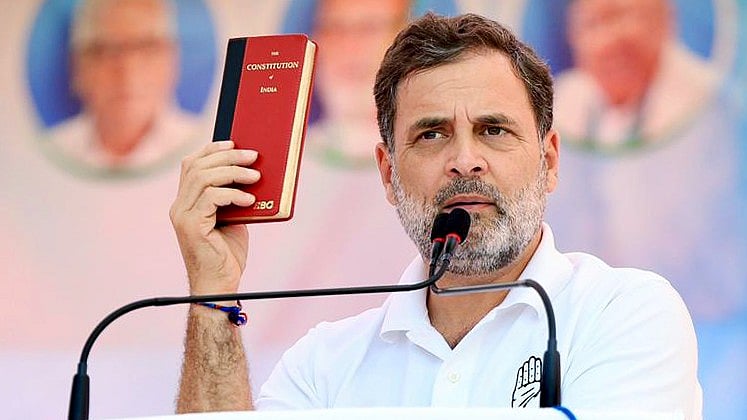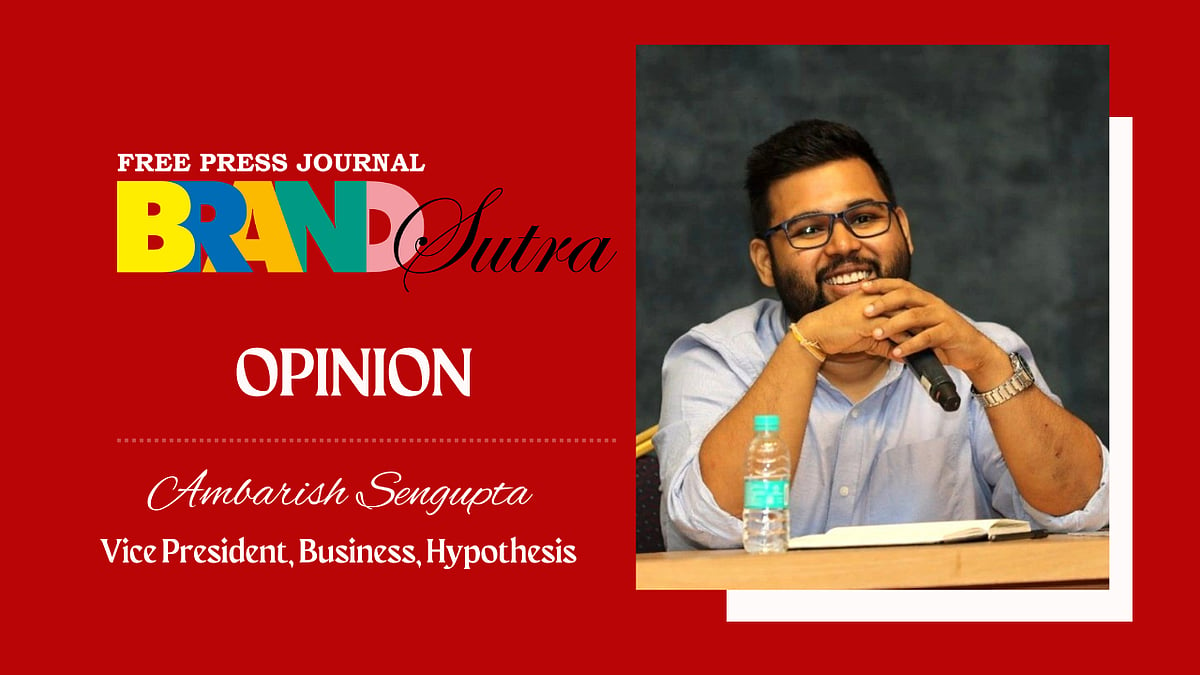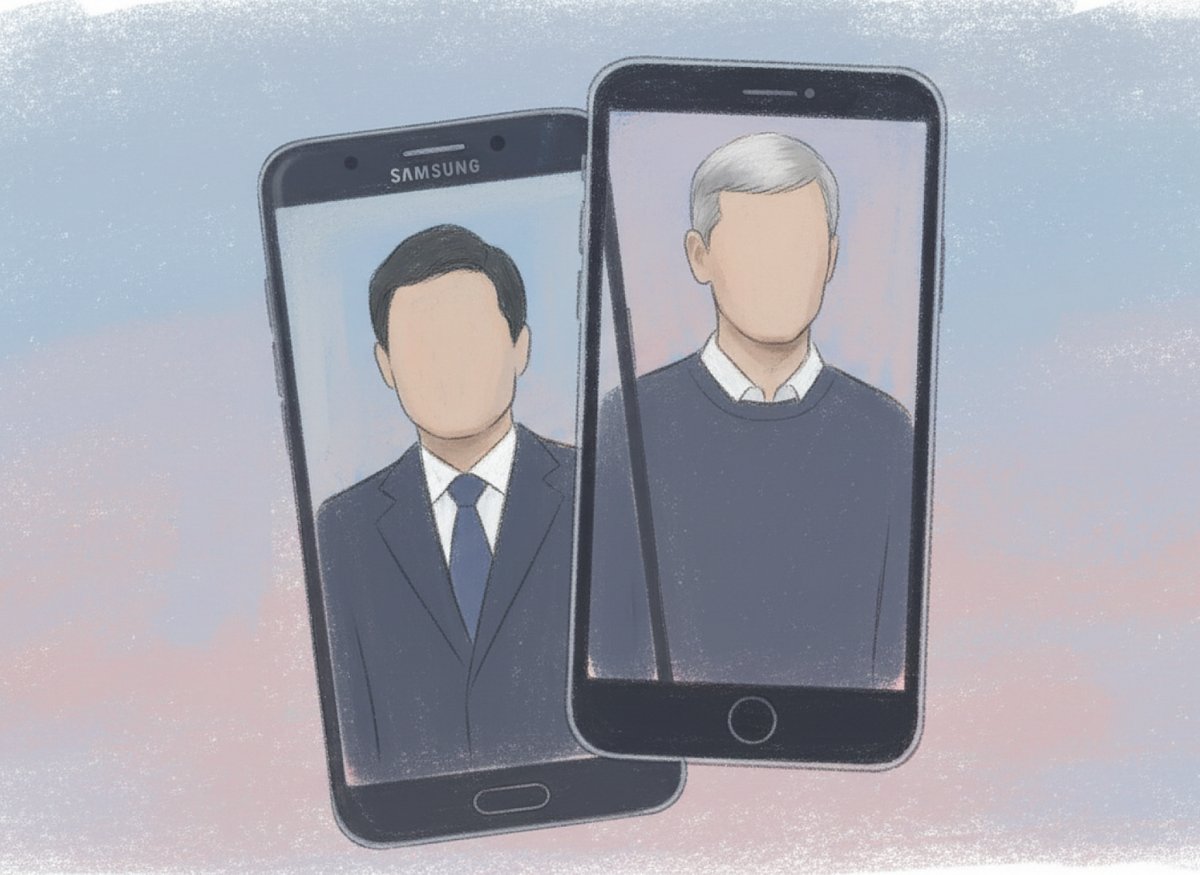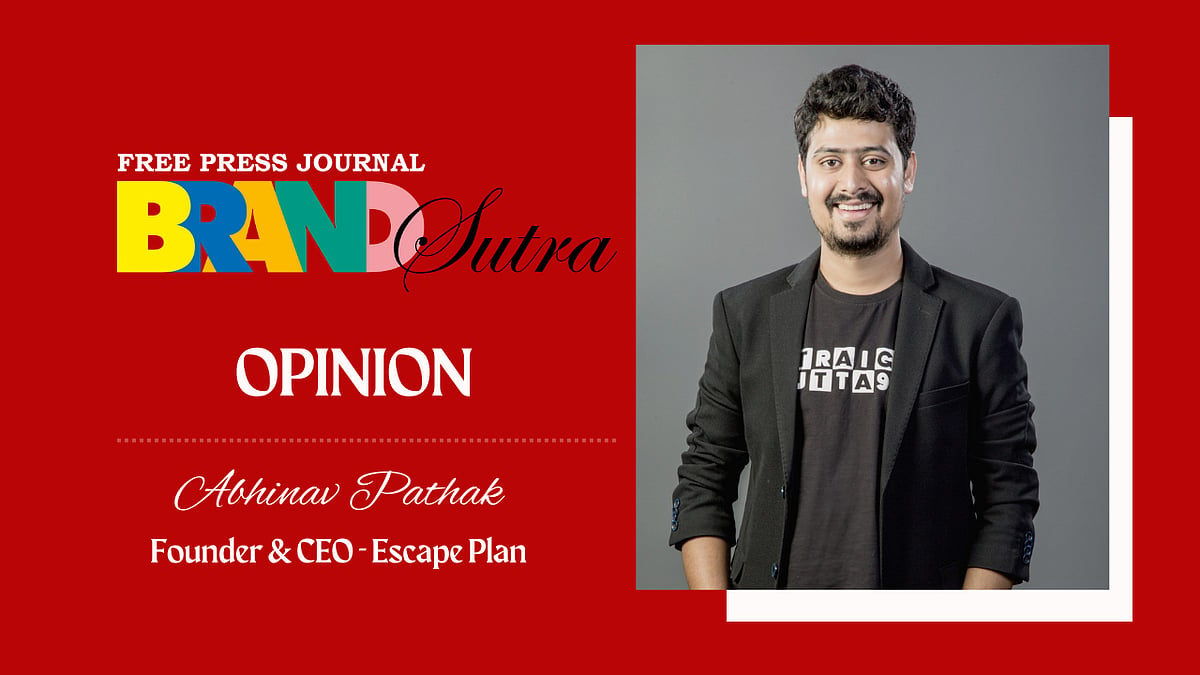What are the major milestones and takeaways from the nine-year journey of the brand, from listing services to launching your own products?
The journey has been quite interesting for Urban Company because we started off as something very different to what we have eventually become. The constant is that we make consumers' lives simpler through our service offerings. But the model has changed completely. There are two parts of Urban Company’s life. Between 2014, when we started, to 2017, we were essentially an aggregator of services and operating in more than 100 categories including tutors, personal trainers, packers and movers, A/C cleaning services and more. We had over 1,000 service providers on our platform for all these services.
Then the major pivot that happened in the journey was in 2017-2018, where we closed our lead generation business and decided to go only full stack. That essentially meant that every single partner was trained by us. It was not like we were forwarding our service requests to somebody; every single partner was onboarded, trained, and we were ensuring that the service quality and the consumer satisfaction was taken to the next level. Eventually we realised that what is more important is consumer experience. With the lead generation kind of model you cannot control how the experience and partner will be. Therefore, the full stack model evolved for Urban Company. We decided to take control of the end-to-end process, right from recruiting the professionals to training them and giving them leads and ensuring that they take those leads, deliver those services with great NPS (Net Promoter Scores). While doing this we curtailed ourselves from more than 100 categories to eight to 10 top categories. That was the journey between 2017 and 2022.
2023 has been another happening year for us. Between 2014 and 2022, we were predominantly a services organisation, making consumers’ lives simple. Holding to that, we decided that if the aim is to make consumer life simple, then let us get into products where consumers have major pain points. We have launched water purifiers and smart locks (which is in the pilot stage right now).
The most important takeaway was how to deliver the best-in-class consumer experience. Every path we have taken in this nine-year journey was to ensure consumer experience in solving a particular problem in their life. That entire journey has to be seamless and that is something we monitored through NPS and that is continuously increasing for Urban Company since the time it was launched.
You have 50,000 service partners. Were there early challenges in onboarding them, especially when shifting to the full stack model? If yes, in which categories?
While pivoting to the full stack model there were no major challenges because the partners also realised that the quantum of demand that started coming in was significantly more. Many players were operating in the lead generation business and the partners were used to working through different platforms. Nothing really changed for us massively, when it comes to the partner ecosystem. Majority of our partner recruitment happens through reference. They are happy that they refer more and more like-minded professionals to us.
Which categories did UC start with and how did the portfolio expand?
As mentioned earlier, we started with more than 100 categories, hence it is very difficult to say which category we started off with. What I can say is that, when the pivot was made, there were about eight to nine categories which were retained – professional cleaning of homes, AC services, electricians, plumbers, carpenters… the entire gamut of home services was taken care of. We have seen massive traction in cleaning, AC services and salon services in the last four to five years.
You provide services in over 50 cities in India. Which city contributes the highest revenue? Do you have plans to expand to other cities?
I wouldn’t be able to pick one city, but we are very strong in South India. Hyderabad and Bengaluru are the strongest cities across the country for us. Chennai is catching up very fast, followed by cities like Mumbai, Delhi, and Kolkata.
We are currently present in 50 cities and we will hold ourselves to these cities. Our intent is to gain 15 to 20 pc in these markets and only after that do we want to go beyond.
Which is the most sought-after service or category on Urban Company?
Over the last three to four years what has really improved and become popular is professional cleaning, whether it is in terms of volume or value. We see great affinity from consumers. This is one service that found a great product-market fit and we enjoy great NPS for this service.
In particular, how are spa and salon services, and the premium services within those, doing? Are they more popular in certain cities?
Salon services are very strong in Bengaluru and Hyderabad, followed by Delhi. These are the two strongest markets and that holds across the majority of our categories.
You are present in tier 2 cities. Are the trends you observe between metros and Tier 2?
Co-incidentally we have seen very strong demand trends even in tier 2 cities. This can be attributed to a few things. We believe that there is a lack of organised supply of service professionals, and also there is a lack of quality even in the organised sector. In the top 40 tier 2 cities, we are seeing good traction for our services. The penetration is catching up very fast. The repeat rates of consumers are better when compared to metros, which is really encouraging for us.
You have an international presence in the UAE, Singapore and Saudi Arabia (KSA). How is the brand performing there?
We have launched in KSA recently and it will be too early to say anything about it. Maybe in another two years we will be talking about how the market evolves. Dubai and Singapore have been active for four to five years for us. We have seen good repeat rates. The affinity for the platform is quite strong in these two markets. We continue to build more and more services in these markets. Currently, it is led by professional cleaning.
You have launched a brand named Native of RO water purifiers and smart locks. How has it been received?
As an organisation, we are extremely excited with Native right now. This is our foray into products. Getting into the right categories and getting it right in them was very important. We are very happy to say that the response we are getting from the consumers is magnificent. We have received great response on Amazon. Consumers are loving the ‘Needs no service for two years’ promise. This particular feature and product delivery has resonated the most with the consumers. Slowly and steadily, we will get into the modern trade outlets.
Do you have plans to expand the Native portfolio? If yes, to which categories?
For now, we want to focus on water purifiers and smart locks. We want to crack the market and understand the consumers and to get good market share in these categories. We will continue to scout for more categories.
The aspect of ratings helps and reassures end users about the choice of service partners. But it also seems to have created some issues for you from service partners recently. Was that a blip?
I think that was pertaining to the salon. That was just a flux of about 15 to 20 days, things are back to normal. Everybody is aligned to the rating mechanism and there is no problem as such in the business as of now.
What are the app installations and how is it growing? Do you see uninstalls after the need is met?
We don’t track app installations and uninstalls. What we really track is how new consumers who came on the platform have transacted with us. The volume of installations to conversion is very big. That’s the case with us and many other online players.
What is the role of branding in this category? Is it primarily to induce trial?
Branding is the most important thing for Urban Company right now because we are in a business of driving relevance with consumers. They are already using offline services for all the categories we offer. It is essentially about relevance to show how we are better. For example the domestic help – through our cleaning services we were able to demonstrate how we are better than the domestic help. We were able to build that trust with consumers that we are going to be with them not only through the services but even after that. That’s how to create relevance and consideration, which is something that has helped Urban Company.
What percentage of your budgets are for new customer acquisitions through performance and how much is spent on branding?
We spend anywhere between 20 to 30 pc of the overall marketing budget on performance and everything else is on branding.
In terms of media spends beyond performance, what is the share of digital? How has this grown?
Everything is digital for us. We went on TV for the last two years but right now TV ratings are dropping, hence 100 pc of our media spends are on digital which includes OTT. Influencer marketing is around 5 pc of our marketing spends.
_________________________________________________________________________
‘Shouldn’t everyone have the right to take pride in and be respected for their work?’
We asked Tarun Menon, Director of Brand, Urban Company, about the brand’s latest campaign ‘Koi kaam chhota ya bada nahi hota’ and the thought process behind it.

Tarun Menon, Director of Brand, Urban Company |
“Urban Company’s goal over the last nine years has been to improve the quality of services and improve quality of service standards, generally in the unorganised markets. We have been able to do so by enabling professionalism across a range of services through a lot of initiatives we take that aren’t necessarily known to the consumers – such as training programmes for each service professional who gets on to the platforms (even before they join) and a rigorous selection processes.
“We have a partnership with National Skill Development Corporation (NSDC) through which each partner on the platform is certified as well. While we do all these, what we find on the other hand is that consumers see some of these services as traditionally blue collar roles. In some cases, this casts doubt on the professionals coming onboard, even if they are trained, certified and verified. This campaign asks the question – shouldn’t everyone have the right to take pride in and be respected for their work? We felt that it was an important message for us as this is central to Urban Company’s mission – to empower service professionals and to deliver services like never before, and to facilitate a journey from being a tradesman to a professional. This is not always seen in this context because of the ingrained societal views.
“Why bathroom cleaning was picked up for the campaign is because we saw that cleaning bathrooms was not seen as the most interesting or respectable of services on the platform. There were difficulties in recruiting professionals for the services as well. We truly believe in the concept of dignity of labour. We thought about what we could do on the same. Hence the campaign.”









